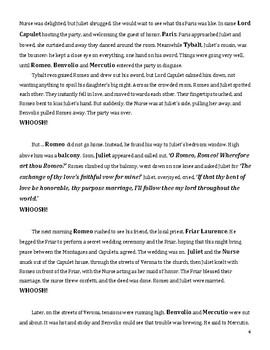

Since, as Crystal points out, the language was evolving rapidly, and there wasn’t only one kind of OP, there is a great deal of contemporary commentary on this evolution, which early modern writers like Jonson had the chance to observe firsthand.Ģ.

Shakespeare contemporary Ben Jonson tells us, for example, that speakers of English in his time and place pronounced the “R” (a feature known as “rhoticity”). Observations made by people writing on the language at the time, commenting on how words sounded, which words rhyme, etc. (In his excellent textbook on the subject, linguist Charles Barber bookends the period roughly between 15.) David Crystal cites three important kinds of evidence that guide us toward recovering early modern’s original pronunciation (or “OP”).ġ. Crystal dates his Shakespearean early modern to around 1600. Shakespeare’s English is called by scholars Early Modern English (not, as many students say, “Old English,” an entirely different, and much older language).


 0 kommentar(er)
0 kommentar(er)
